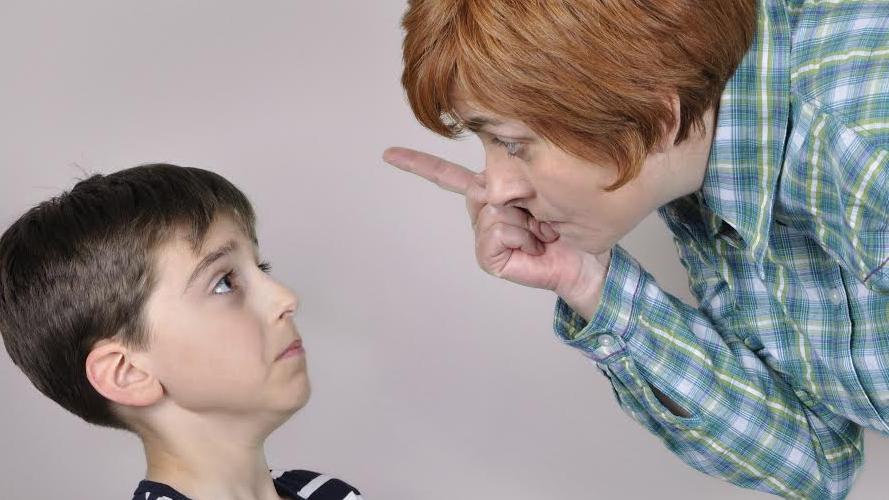
Barely a day goes by when somebody doesn’t ask me if they should blame their parents for various problems that might have arisen in childhood. No matter what the specific issue, my response is always the same: You can hold your parents accountable for anything they said or did wrong when you were a child, but you must hold YOURSELF accountable for undoing that damage now that you’re an adult.
Children are vulnerable. I maintain that infants are born virtually tabula rasa, meaning “blank slate.” Parents can write on that slate whatever they wish. But even young children have their own personalities, and as they mature they become more capable of forming concepts. This does not guarantee rational thinking, but it does allow for independent thinking. According to cognitive research done by developmental psychologist Jean Piaget, the capacity for abstract independent thought appears in the early teens. In today’s media-filled world, young adults are free to think for themselves.
Given that emotions arise from thoughts and ideas, one cannot blame one’s psychological health (or lack thereof) on his or her parents. Their time of influence has come and gone. As we enter adulthood, we are exposed to all sorts of outside psychological influences.
You’d think that being a therapist for over 35 years would have shown me exactly how people are shaped by their parents. Not so. But it has shown me how heroically independent people can be, IF they’re willing to think and question. Unless you’re raised by extraordinarily thoughtful, rational parents – which is certainly possible – you’re in a position to question anything you were taught.
Most dysfunctional or abusive parents declare war on the child’s capacity to think and be independent. Indeed, this is the very essence of what makes them dysfunctional or abusive. They probably do it to the child because they do it to themselves. It’s an extension of their own self-negligence. It’s healthy to stand back and judge your parents objectively and see them for whom they are: good, bad or some mixture of both. People who don’t do this are usually the ones more prone to getting stuck playing out the unresolved conflicts they never objectively addressed with their parents. Objective judgment sets you free to explore your life in the present, away from what you’ve known (or not known) in the past.
Many people fail to seek out better methods of thinking and coping than what their parents showed them. The resulting disappointments set them looking for someone to blame. And that’s their first mistake: It’s not about blaming anyone; it’s about holding yourself responsible for errors you’ve made that might have been fostered by your parents. As an adult, you’re now free to reject these errors.
It’s easy to cop-out and say, “My parents were negligent. Therefore I’m ruined forever.” Nobody has that power over you – not even your parents. When we think of a little child, we think of a helpless, vulnerable person. But we should not project that helplessness and vulnerability onto our adult selves. A person who resorts to that does him- or herself an injustice. It might feel like you’re bringing justice to your parents, but you’re actually harming yourself.
It’s psychologically healthy to look at reality head-on, and plainly acknowledge any wrongdoing or negligence on the part of your parents. If the situation warrants, you should even feel free to tell them so. But that’s not the same as blaming them for “ruining” you. The fact that you can think for yourself is proof that the most important part of you is saved. The rest is up to you.
